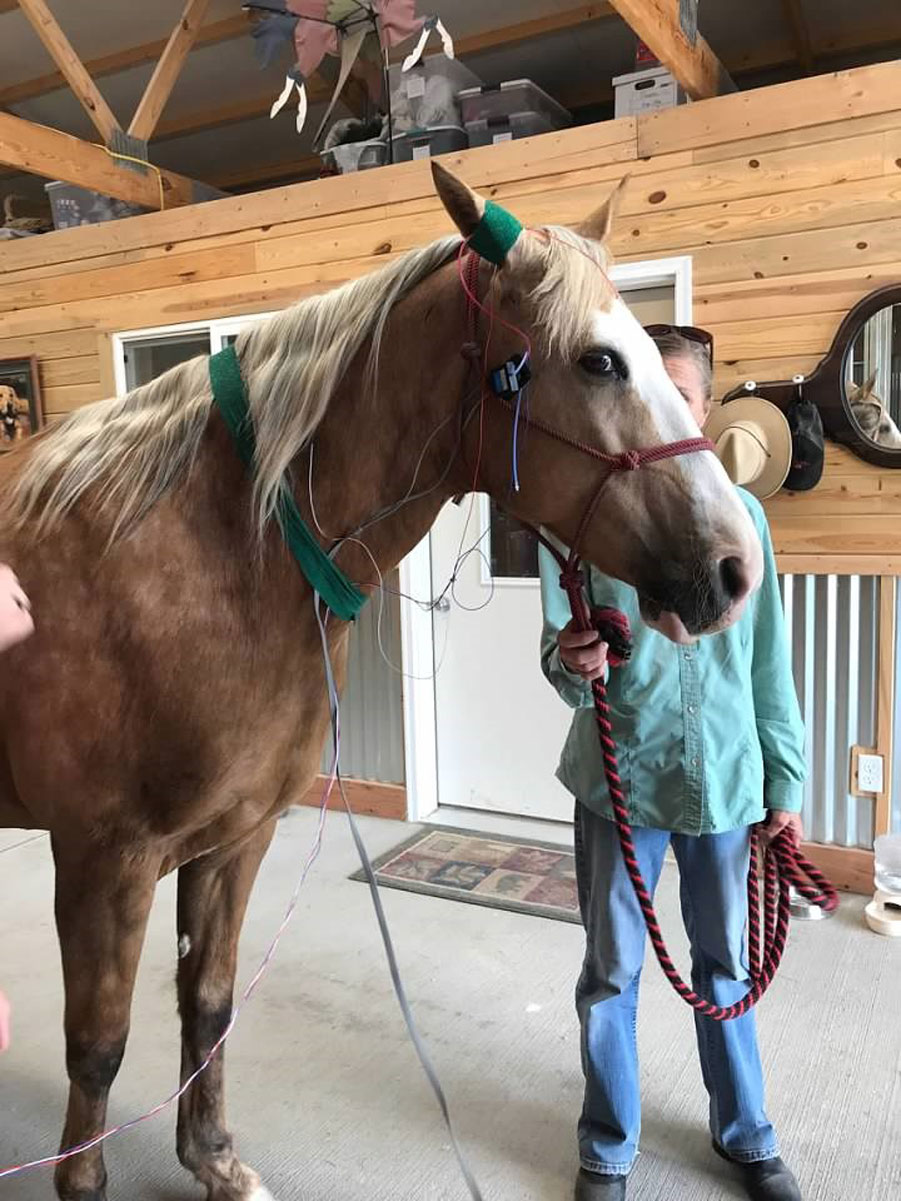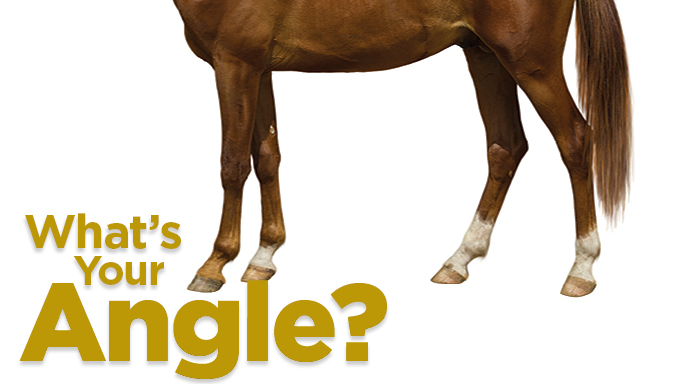Correcting Excessive Nickering and Whinnying in Your Horse

Excessive vocalization in horses, such as frequent nickering and whinnying, can be a concern for many horse owners. Understanding why your horse vocalizes excessively and how to address this behavior is essential for maintaining a calm and well-adjusted equine companion.
Understanding Horse Vocalizations
Horses communicate through various sounds, with nickering and whinnying being common vocal expressions.
- Nickering is a soft, low-pitched sound often used as a greeting or to express affection.
- Whinnying is a louder, more drawn-out call that can indicate excitement, distress, or a desire to locate other horses.
While these sounds are natural, excessive vocalization may signal underlying issues.
Common Causes of Excessive Nickering and Whinnying
| Cause | Description |
|---|
| Separation Anxiety | Horses are social animals and may vocalize excessively when separated from their herd or companion.
| Boredom or Lack of Exercise | Insufficient physical and mental stimulation can lead to attention-seeking vocalizations.
| Hunger or Thirst | Vocalizing to signal discomfort or need for food and water.
| Medical Issues | Pain or discomfort may cause increased vocalization.
| Environmental Stress | Noisy or unfamiliar surroundings can trigger stress-related vocal behavior.
Strategies to Correct Excessive Vocalization
-
Ensure Adequate Social Interaction
- Provide companionship through other horses or compatible animals.
- Gradually acclimate your horse to being alone if necessary.
-
Increase Physical and Mental Stimulation
- Implement regular exercise routines.
- Use toys, training sessions, and varied environments to keep your horse engaged.
-
Check and Address Basic Needs
- Maintain consistent feeding and watering schedules.
- Monitor for signs of illness or discomfort and consult a veterinarian if needed.
-
Create a Calm Environment
- Minimize exposure to loud noises and sudden changes.
- Use calming techniques such as gentle handling and familiar routines.
Frequently Asked Questions (FAQ)
Why does my horse nicker excessively when I approach?
This is often a sign of affection or anticipation, but if it becomes overwhelming, it may indicate anxiety or excitement that needs to be managed.
Can training reduce whinnying?
Yes, consistent training and positive reinforcement can help your horse learn when vocalization is appropriate.
When should I consult a veterinarian?
If excessive vocalization is accompanied by other signs of distress, pain, or behavioral changes, a veterinary check-up is recommended.
Conclusion
Correcting excessive nickering and whinnying involves understanding your horse’s needs and behaviors, providing appropriate social and environmental conditions, and addressing any health concerns. With patience and consistent care, you can help your horse communicate effectively without excessive noise.
Would you like me to help improve the tone, add more detailed training techniques, or expand the FAQ section?
